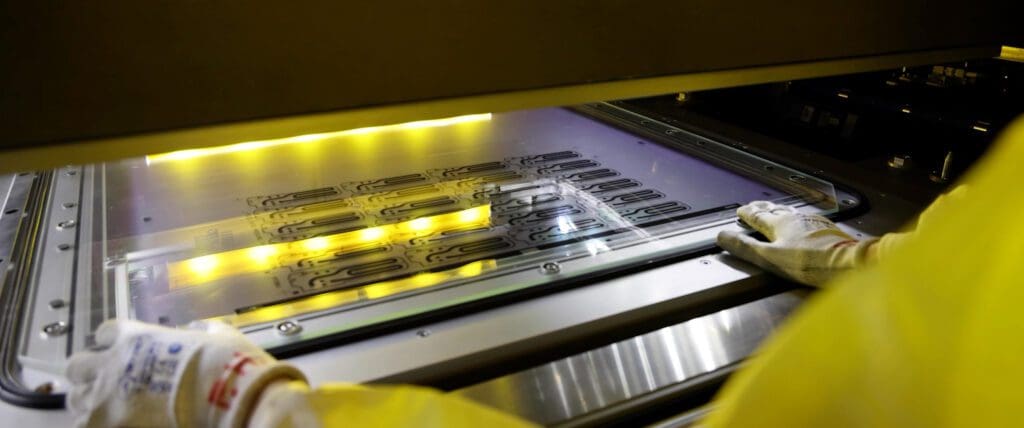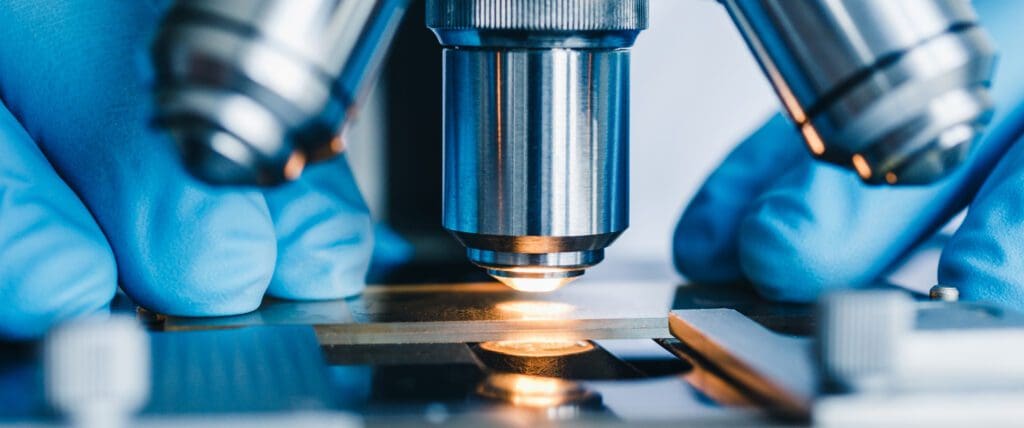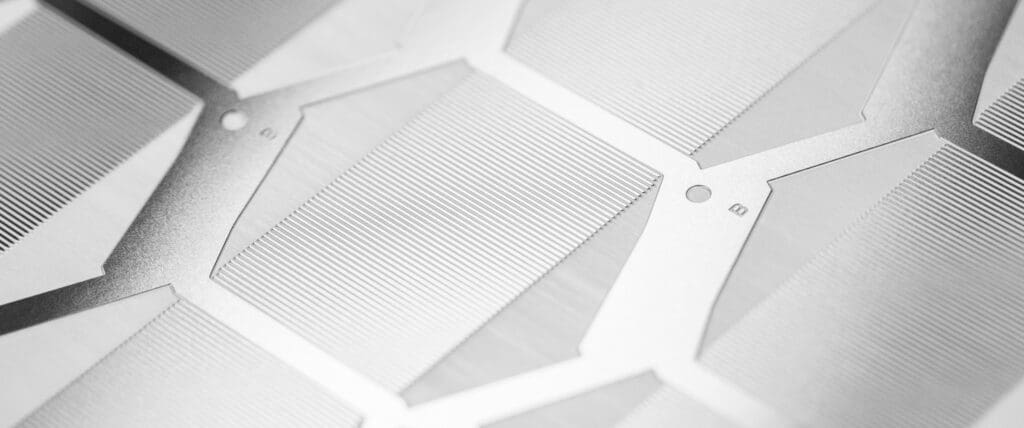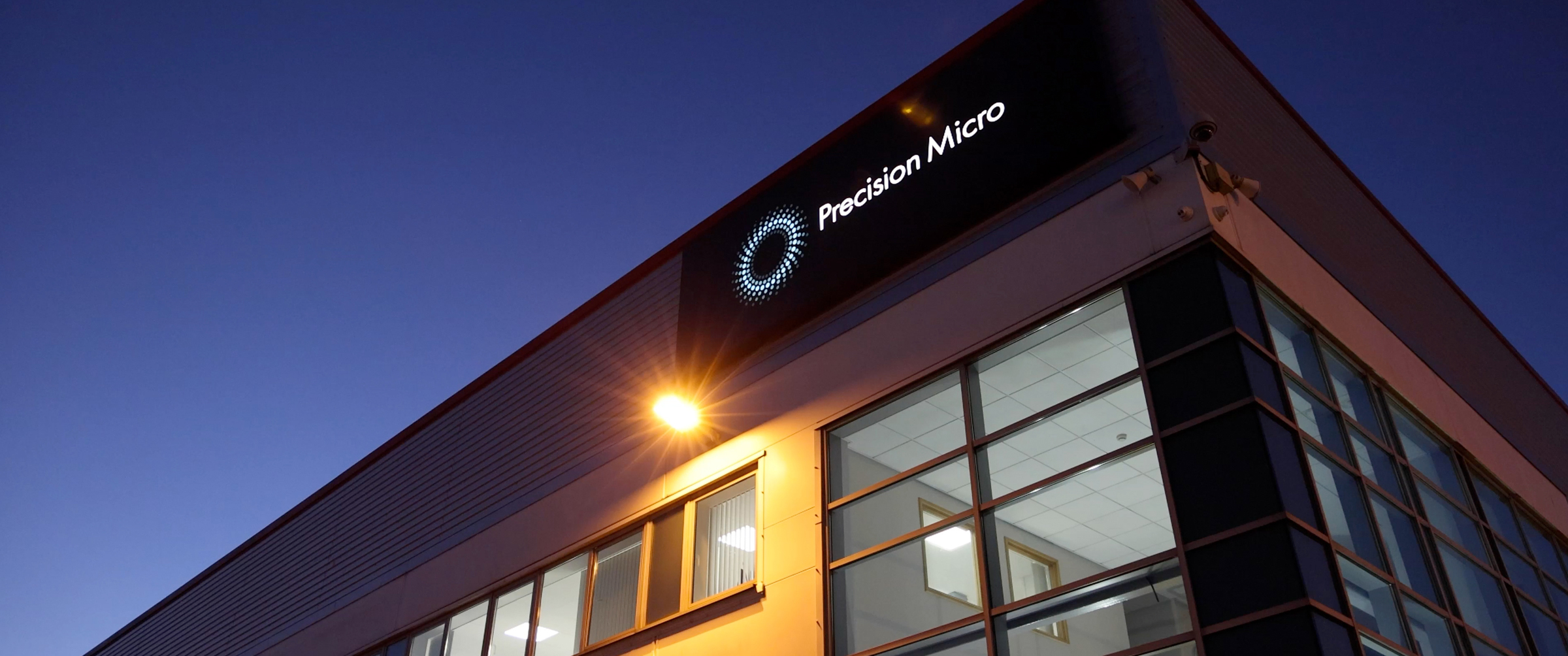Enhancing production of filters, screens and sieves with chemical etching

Filters, screens and sieves are seemingly simple components, but they play a critical role in various industrial applications.
To achieve greater reliability and performance in filtration systems, it is essential to explore alternative manufacturing methods that can optimise designs while reducing costs and lead times. One such method is chemical etching, which offers numerous benefits for producing custom filters, screens and sieves from a wide range of metals.
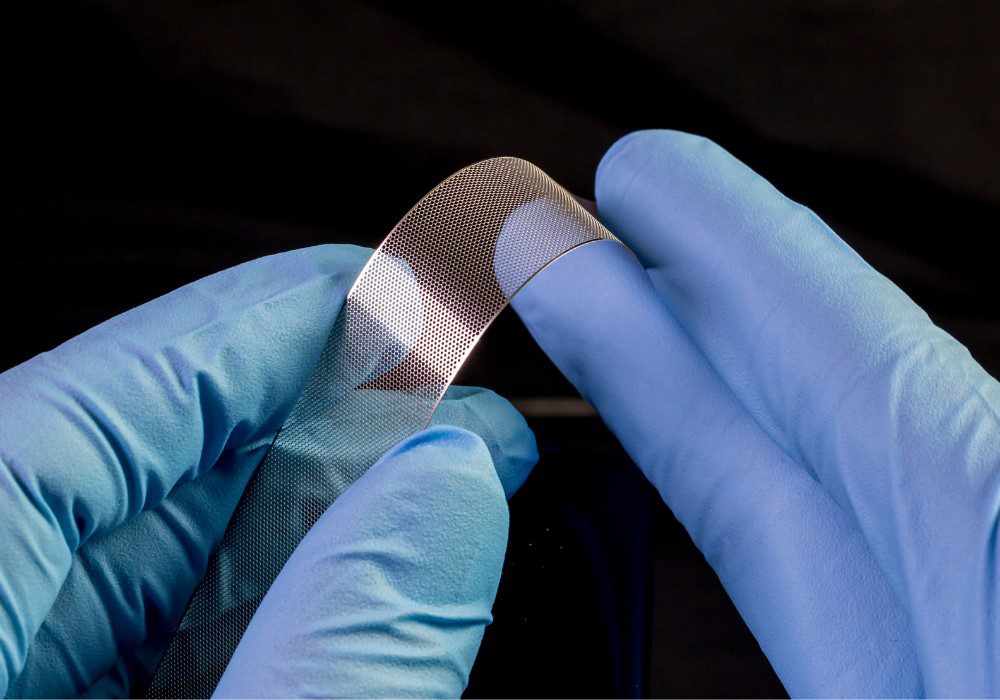
Understanding filters, sieves & screens
Filters, sieves and screens are devices that separate solids from liquids or particles of different sizes. They find applications in diverse industries, such as:
- Automotive: Filters remove impurities from engines, hydraulic systems and machinery, extending their lifespan
- Pharmaceutical and biotech: Filters ensure sterility by eliminating microorganisms and particulate matter from air, liquids and gases
- Chemical processing: Sieves and screens are vital for particle size classification, separation and quality control in the production of chemicals and pharmaceuticals
Filters, sieves & screens stamping
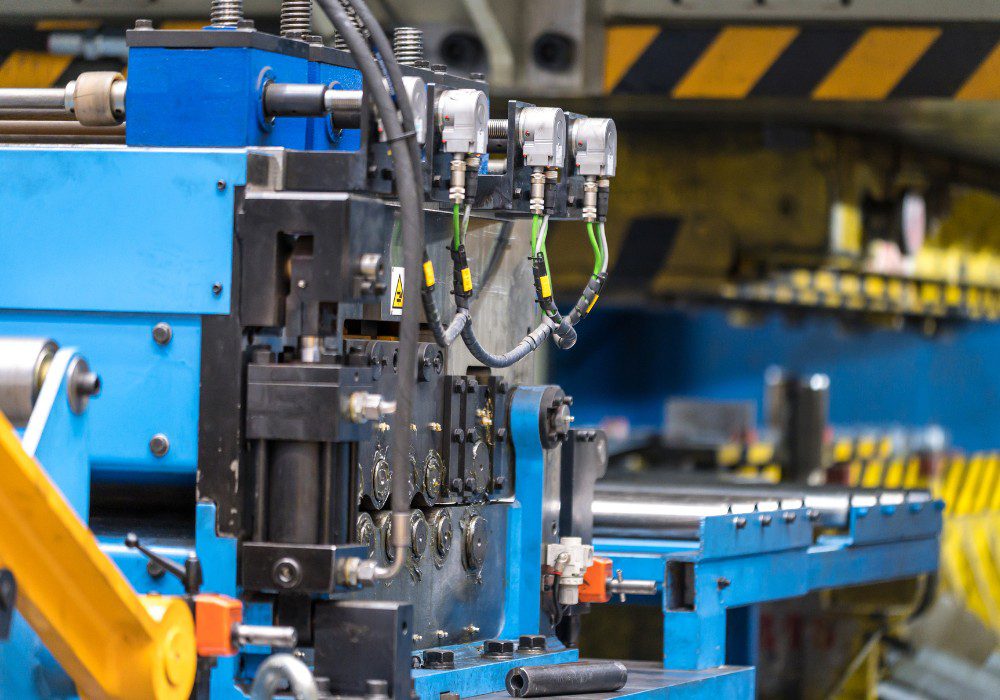
Stamping is a widely used machining process for creating custom metal filters, screens and sieves from sheet metals. It involves using a die to cut and shape metal sheets according to the desired design
The process offers several benefits for metal filter production, such as its ability to efficiently manufacture large quantities, produce consistent and accurate pore sizes, and enhanced strength and durability versus woven designs.
However, like all processes, stamping has its limitations. It lacks design flexibility, making complex or intricate designs challenging to achieve. Customisation options are restricted, and the initial tooling costs can be expensive, particularly for short to medium production runs or unique designs. Delicate and brittle materials are often unsuitable for stamping, and the process can lead to burrs and deformation, compromising the quality and functionality of the parts.
Chemical etching filters, screens & sieves
Chemical etching, also known as chemical milling or photochemical machining, is a subtractive manufacturing process that selectively removes material from metal sheets using chemical reactions. Unlike traditional stamping or woven mesh production, chemical etching eliminates the need for costly tooling or dies, significantly reducing setup costs.
One-piece filtration design
One of the major advantages of chemical etching is its ability to create intricate one-piece designs with fine details. By machining all hole patterns simultaneously, regardless of hole size or quantity, this method enables the production of complex patterns, mesh structures and filter configurations that may be challenging or costly to achieve using traditional manufacturing methods.
Enhanced filtration quality
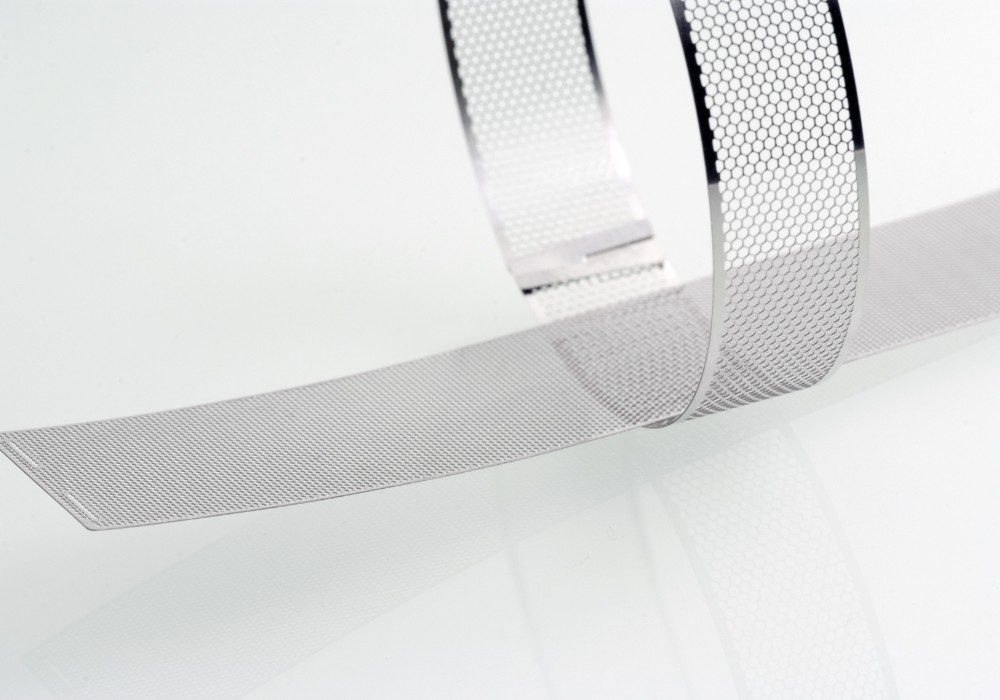
Chemically etched metal sieves and screens exhibit consistent pore sizes, often accurate to within +/-0.020mm. This level of accuracy ensures uniformity and precision in the separation process, allowing machines to perform their tasks more efficiently and reliably. Moreover, etched filters are more durable than their woven counterparts, as they retain their shape and structure even under demanding conditions. This increased durability translates to a longer lifespan, reducing the need for frequent replacements and saving time and money.
Material versatility
Chemical etching offers a range of material in thicknesses from 0.01mm to 2.5mm. Unlike stamping, this process does not produce burrs or stresses and is not affected by material hardness, overcoming a significant challenge in manufacturing filters, screens and sieves.
Typical materials used in chemical etching include stainless steels for filter plates and thin metal filters such as those used in fuel filtration, nickel for filter disks and bespoke metal screens, copper for precise metal filters and custom sieves, and aluminium for lightweight air intakes use in aerospace.
Conclusion
Chemical etching is an advantageous manufacturing method that provides superior filtration quality and material versatility. Unlike traditional stamping, it enables the creation of complex patterns without the undesirable processing effects, and eliminates the need for costly and time-consuming tooling set-up and modifications.
Chemical Etching Whitepaper
Learn how chemical etching can overcome the limitations of traditional sheet metal machining technologies.
Download